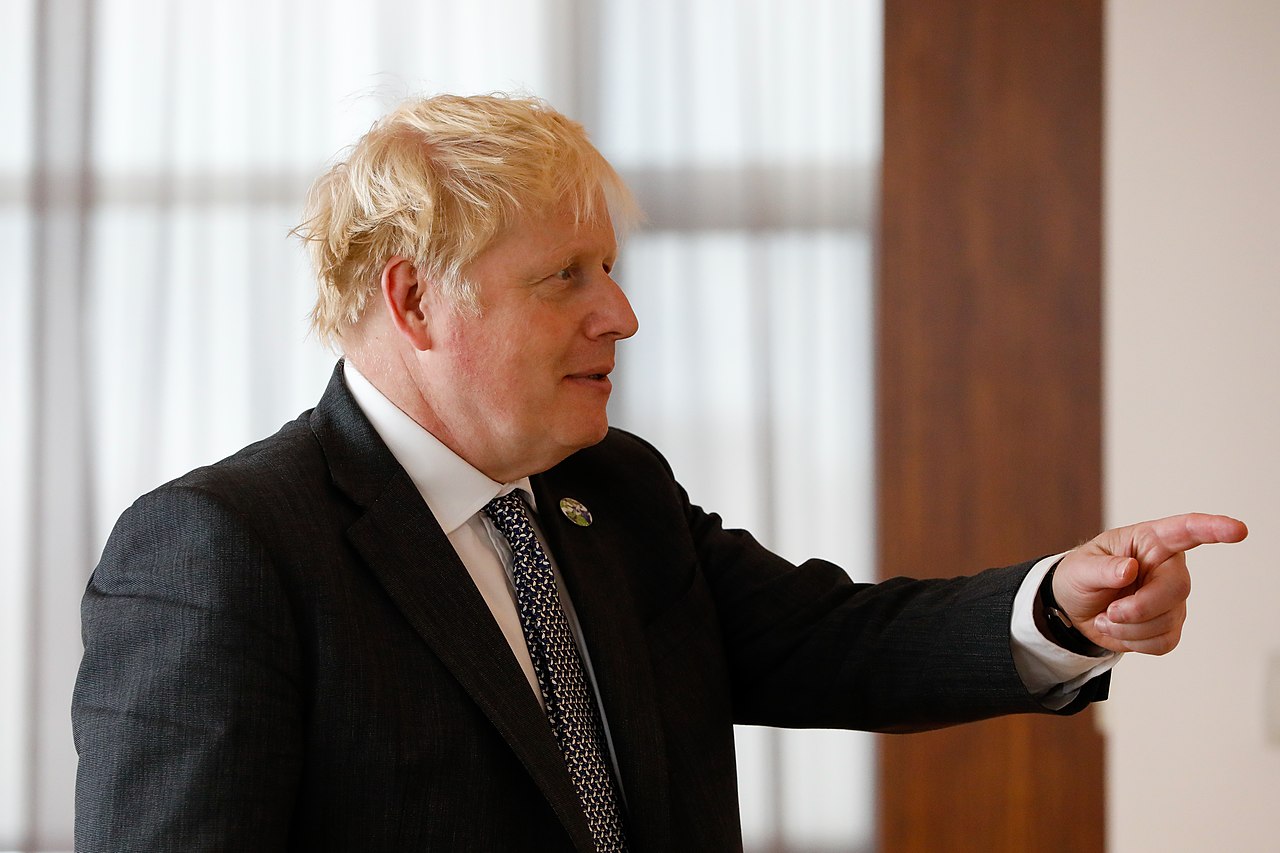LONDON (Parliament Politics Magazine) – As he continued to dismiss Tory criticism within the party of his leadership, Boris Johnson asserted on Sunday that the performance of his administration was “remarkable” and “quite exceptional.”
However, the prime minister attempted to diffuse the controversy brought on by his assertion that he planned to remain in office until the 2030s in a series of interviews during the G7 conference in Germany by clarifying that he meant he was focused on his reform agenda.
The PM’s comment about already preparing a third term triggered charges that he was delusional. This was because it came after two devastating byelection defeats, which rekindled discussion in the Conservative party about Johnson being pushed out of office within weeks or months.
Johnson was asked if he wanted to run for a full second term in the office if he won the general election, which would put him in office until 2028 or 2029, while leaving the Commonwealth summit in Rwanda on Saturday.
Johnson retorted, saying that right then he was actively considering the third term and what might occur then. But he would review that, he got to it.
Johnson said that he wanted to remain in office until “the mid-2030s” when asked what he meant by departing after a third term.
Johnson was making a point about focusing on the long-term difficulties facing the country, the prime minister stated on Sunday morning, after No. 10 initially hinted that he might have been joking.
What he was saying was that it was a government that was getting on with delivering for the people of the country and they had got a vast amount to accomplish, he said to the reporters at the G7.
In a following appearance with ITV News, Johnson was even more upbeat. Johnson responded saying, no – because he thought if they actually looked at what that government was doing, it was pretty remarkable, it was quite exceptional. This was when it was suggested that the Conservatives lost the byelections in Wakefield, Tiverton, and Honiton because of voters having lost trust in him, and that this should be a cause for shame.
Johnson continued, if they wanted to look at examples of his leadership, then he would point to what they had done to solve the Brexit problem, which was very, very difficult; what they had done was make sure they had the fastest vaccine rollout in Europe, and what they were doing then to help people through a tough time, Johnson attributed the byelection losses to the media’s decision to place more emphasis on his personal conduct than on policy.
Brandon Lewis, the secretary for Northern Ireland, told the BBC that it was “a good thing” that the prime minister was considering a third term since it indicated that he was considering the long-term problems.
In his ITV interview, Johnson also declined to refute a Times report that said he had talked about convincing a Tory donor, Lord Brownlow, to contribute money toward the building of a £150,000 treehouse at Chequers for his son Wilf. The Times reports that the police voiced security concerns, leading to the cancellation of the proposal.
Johnson responded, “There is no such structure,” when asked about the narrative.
When asked if he had talked about having a treehouse erected, he responded that “all sorts of allegations” had been made in the past regarding his family and that he had never brought them up.
The upcoming elections for the Conservative 1922 Committee will be used by Johnson’s adversaries in their ongoing campaign to get Johnson removed from office. If the majority of MPs who oppose Johnson are elected to the executive, they could take out the present rule stopping another vote of no confidence before June of 2023.






